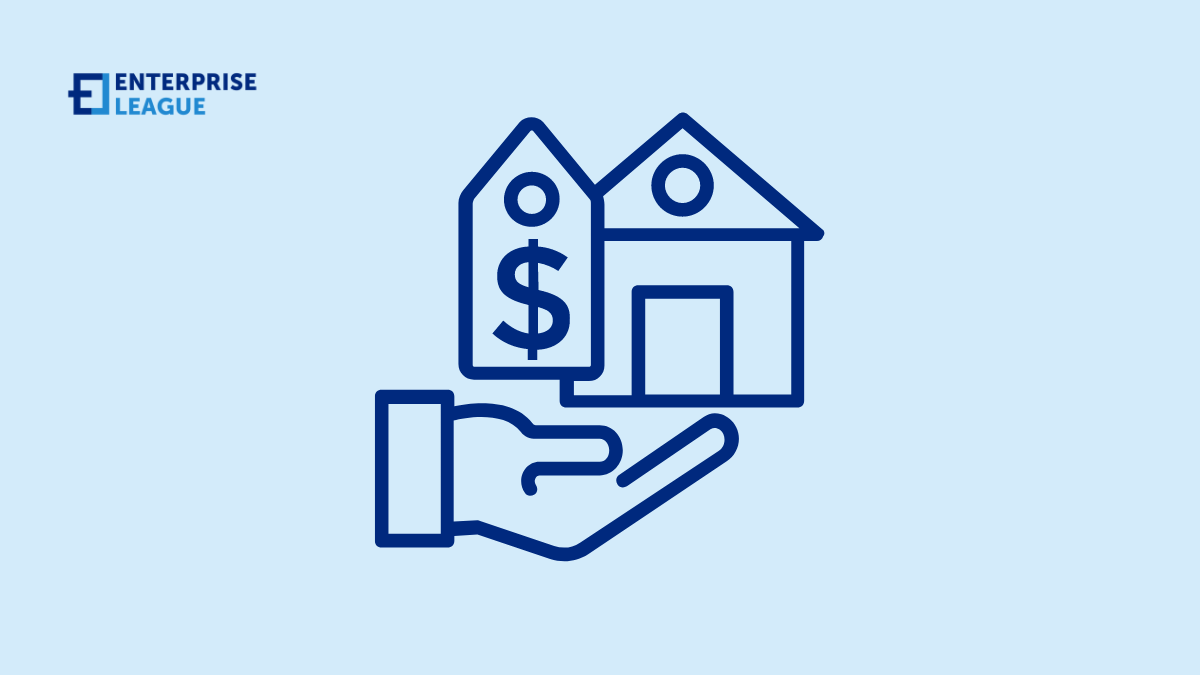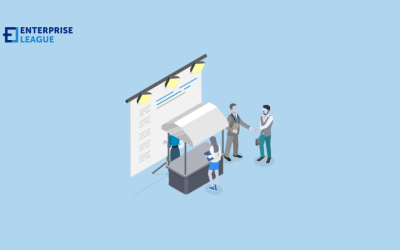Buying a house is one of the most significant decisions you’ll make in your life. It’s a thrilling adventure but also a process fraught with potential pitfalls. Whether you’re a first-time buyer or a seasoned property investor, the journey to finding your dream home can be laden with mistakes that could easily be avoided. In this guide, we’ll navigate through the common blunders homebuyers make and how you can steer clear of them.
Ignoring pre-approval
Ignoring pre-approval is akin to venturing into the housing market blindfolded. Without a pre-approval letter, you not only risk falling in love with homes out of your budget but also weaken your negotiating position when you do find the right one. It’s crucial to investigate offerings with realtors in Mesa, AZ, or any area, as they often have insights into the best financial paths for homebuyers. They can guide you toward a pre-approval process that aligns with your budget and needs.
Pre-approval gives you a clear financial limit and shows sellers you’re serious and ready to buy, making your offer more attractive compared to those from buyers who haven’t taken this step. Additionally, the process helps you identify and address any credit issues or approval barriers early on, ensuring you’re in the best possible position when you decide to make an offer.
Overlooking additional costs
Overlooking additional costs in the home-buying process is a common mistake that can lead to unexpected financial burdens down the road. Beyond the listing price of a home, there are numerous expenses that buyers often forget to consider, such as closing costs, which can include loan origination fees, title insurance, and appraisal fees, potentially adding up to 2-5% of the home’s purchase price.
Property taxes and homeowners insurance are recurring expenses that can significantly affect your monthly budget. Maintenance and repair costs are also critical to factor in; a new homeowner might face immediate repairs or need to replace appliances, which can quickly add up. Additionally, utility costs in a new home can vary greatly from a previous residence, especially if moving to a larger space or a different climate. Understanding and budgeting for these additional costs upfront can prevent financial strain and ensure a smoother transition to homeownership.
Falling in love too quickly
Falling in love too quickly with a property is a trap many homebuyers find themselves in. This emotional investment can cloud judgment, leading to overlooking potential issues with the home, such as structural problems or future renovation needs that could cost significantly more than anticipated. When buyers are too emotionally attached, they often fail to negotiate effectively, potentially paying more than the property is worth.
This haste can also prevent them from exploring other options that might better meet their needs or offer better value. It’s important to maintain a level of detachment and approach the home-buying process with a critical eye. Encouraging multiple viewings and considering a variety of properties can help buyers make a more informed decision, ensuring the home they choose is loved for its practicality and suitability as much as its initial appeal.
Not considering future needs
Not considering future needs when buying a house is a common oversight that can lead to dissatisfaction or costly moves down the line. A home that fits your current lifestyle might not accommodate future changes, such as a growing family, a new job requiring a home office, or accessibility needs as you age.
It’s crucial to think long-term about how your life might evolve in the next 5 to 10 years and whether the house can adapt to those changes. For instance, a couple might buy a cozy one-bedroom home but find themselves cramped and seeking more space with the arrival of a child. Similarly, a multi-level house might not be the best choice for those planning to age in place. By considering future needs during the house-hunting process, buyers can select a home that not only meets their current requirements but also offers the flexibility to adapt to life’s inevitable changes, ultimately providing better longevity and satisfaction with their purchase.
Poor negotiation skills
Poor negotiation skills can significantly disadvantage buyers in the real estate market, potentially leading to paying above market value or missing out on a property altogether. Negotiation is an art that requires a delicate balance between assertiveness and flexibility, understanding when to push for a better deal and when to concede to closing the sale. Fast Expert realtors in Arizona, or any seasoned professionals in the field, emphasize the importance of doing homework on the property, including understanding its market value, any existing issues, and how long it’s been listed. This information can provide leverage during negotiations.
A lack of skill in this area can also mean missing out on opportunities to request repairs or concessions, leaving the buyer to cover these costs post-purchase. Engaging a knowledgeable real estate agent can help bridge this gap, providing the expertise and negotiation prowess to secure a fair deal that aligns with the buyer’s interests and financial boundaries.
Forgetting about resale value
Forgetting about resale value when purchasing a home is a mistake that can cost homeowners significantly in the long run. The future saleability of a property depends on various factors, including location, property condition, and market trends, which many buyers overlook during the initial buying process.
A home in a desirable neighborhood or one with adaptable features is more likely to appreciate over time, offering a better return on investment. Conversely, buying a unique or overly customized home might appeal to specific tastes but can be challenging to sell later. It’s important to consider the broader appeal of a property, such as its size, layout, and location, to ensure it remains a viable asset should you decide to move on. Consulting with real estate professionals, like those knowledgeable about market demands and resale values, can provide valuable insights into making a purchase with a favorable future return.
Ignoring home insurance
Ignoring home insurance is a gamble that can leave homeowners vulnerable to financial disaster. Home insurance not only protects against unexpected damages from fires, storms, or burglaries but also provides liability coverage in case someone is injured on your property. Many buyers, in an attempt to save on immediate costs, overlook the importance of this safety net, not realizing the potential out-of-pocket expenses for repairs or legal fees could far exceed the cost of insurance premiums.
Furthermore, in areas prone to natural disasters, such as flood zones or earthquake regions, having specific coverage becomes even more critical. Without adequate insurance, a single unfortunate event can jeopardize the homeowner’s financial stability and investment in their property. It’s essential to consider the long-term benefits of home insurance and choose a policy that offers comprehensive protection tailored to the specific risks of your location and property type.
Conclusion
Navigating the complexities of buying a house requires careful consideration of several crucial factors, from securing pre-approval and considering future needs to understanding the importance of negotiation skills and the impact of overlooking additional costs and home insurance. By being mindful of these aspects, prospective homeowners can make informed decisions, avoid common pitfalls, and ensure their investment stands the test of time. Engaging with knowledgeable professionals and taking a measured, informed approach to house buying can lead to a more satisfying and financially sound homeownership experience.
More must-read stories from Enterprise League:
- How to ask for a deposit in a contract without being awkward or losing a client.
- Are there any benefits of having a 80 hour work week?
- Are you aware of the negative effects that social media has on the workspace?
- Unique and creative guerrilla marketing ideas for small businesses.
- Creative spiritual business ideas that you can start today.
Related Articles
What Are the Top-Rated Fuel Cards for Businesses Operating Nationwide
Fuel expenses can eat into operational costs and profits if left unchecked. The bigger the fleet a company has, the more significant the loss. Specialized fuel cards emerge as a viable solution to boosting fuel savings, security, and streamlining expense management....
How do I reserve a space for a trade show in Pennsylvania
Trade shows are excellent business opportunities. Your upcoming event should occur in a space big enough to hold all participating brands while leaving room for visitors. Learning how to reserve a space for a trade show in Pennsylvania will help you find the best...
What Are the Best Event Venues for Corporate Meetings?
Finding the perfect event venue for your corporate meetings requires careful consideration of location, amenities, accessibility and reputation. The best venues provide excellent audio-visual capabilities, flexible meeting spaces, and professional decor options to...
What Are the Top-Rated Fuel Cards for Businesses Operating Nationwide
Fuel expenses can eat into operational costs and profits if left unchecked. The bigger the fleet a company has, the more significant the loss. Specialized fuel cards emerge as a viable solution to boosting fuel savings, security, and streamlining expense management....
How do I reserve a space for a trade show in Pennsylvania
Trade shows are excellent business opportunities. Your upcoming event should occur in a space big enough to hold all participating brands while leaving room for visitors. Learning how to reserve a space for a trade show in Pennsylvania will help you find the best...






